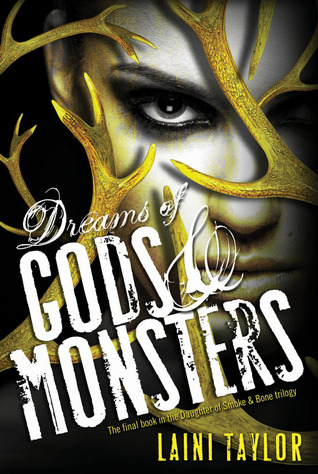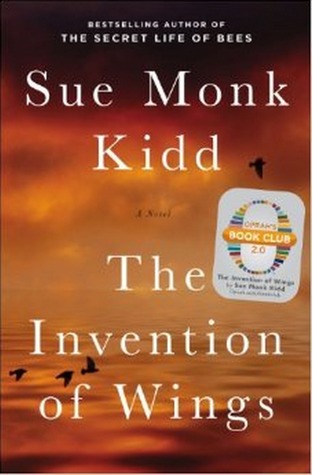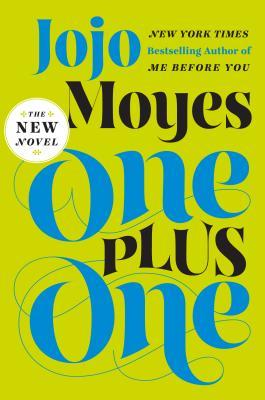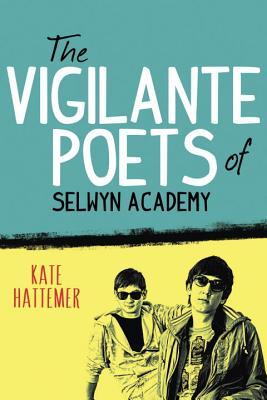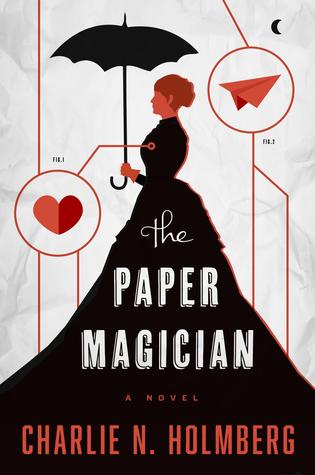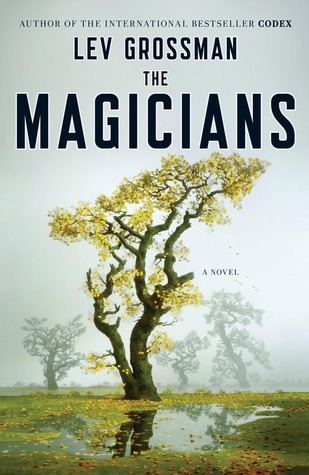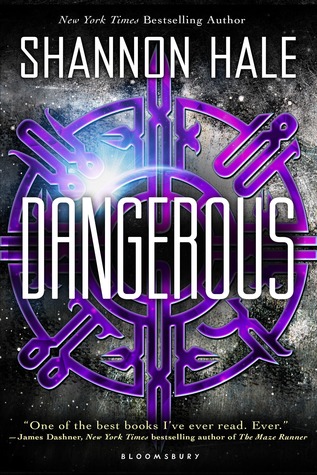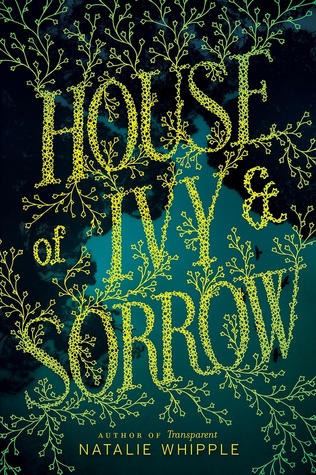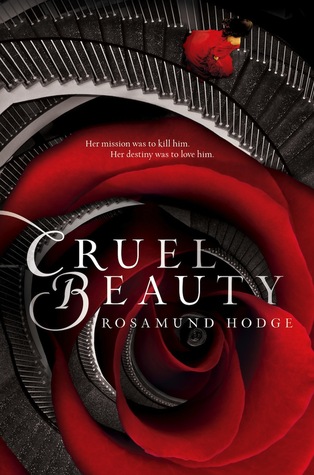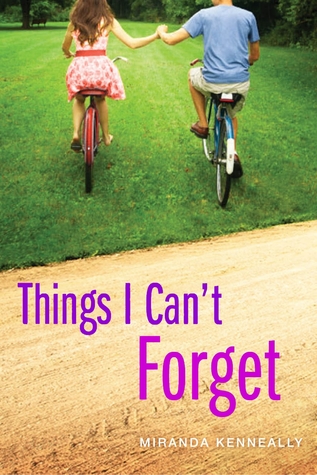I think any writer who aspires to publish traditionally longs for that first validation on the road to publication: getting an agent.
I'm thrilled to announce that I've accepted an offer of representation from Josh Adams, of
Adams Literary, a boutique agency that represents some terrific children's book authors (including my friend
Katie Purdie, who just sold her debut fantasy trilogy.)

For someone who has wanted to write books since elementary school, this is a terrific moment. My journey certainly hasn't been as long as some, but it's had it's share of detours. I wrote a lot of creative fiction in junior high and high school, some in college, but almost none as I went through grad school, got married, and had kids. A few years ago, talking with my sister (also a writer), I realized that if I wanted to publish a book
someday, I had to start now. So I did. I wrote a middle grade novel that didn't go anywhere (stats: 50 queries, 4 partials, 9 fulls).
When I realized I didn't know how to fix whatever wasn't working with that book, I set it aside and started writing something for me: a mix of nineteenth-century history, magic, and Hungarian culture. When I brought it to my writer's group the first time, my critique partners asked, "Why haven't you been writing this all along?" I'd found a voice that worked for me.
It took about nine months to draft this (120K), and nine more months to polish it (including cutting it down to a more manageable 90K). I also need a shout out to some amazing critique partners who read the entire manuscript (some parts multiple times) and who talked me off the ledge more than once:
Tasha Seegmiller,
Elaine Vickers,
Erin Shakespear, and
Helen Boswell. Also my sister,
Jenilyn Tolley for giving me feedback I didn't always want to hear. (I also had some incredible beta readers--too many to list here--but I hope they know how grateful I am for their feedback!)
During this time, I was lucky enough to get chosen for Pitch Wars, by the fabulous
Virginia Boecker, whose own historical fantasy is coming out in the spring. She had a great eye for my manuscript, giving me suggestions to help clarify the world building, increase the pacing, and generally make the story better.
Apparently it worked. I had 12 requests from Pitch Wars, and an additional 3 ninja requests. I sent out those materials, and then sent out 5 requests from an earlier
contest. I also, finally, submitted a full manuscript to Josh Adams, who had requested the manuscript after a query workshop I did with him in May, at
LDStorymakers. I was impressed with his insights during the query workshop, and I loved watching him interact with two of his clients (Katie Purdie and Sara Larson) during a later workshop. I waited to send the MS until I was sure it was polished--I finally had the guts to do that after Pitch Wars.
And then, because I was worried that the Pitch Wars agents might all pass, I sent out a bunch of queries. Some of those turned into quick rejections, others into requests.
About ten days after Pitch Wars, an agent emailed me to say she wanted to talk to me about representation. For a variety of reasons, we didn't end up talking until almost a week later (that was a
long week). We talked, she was great, and then I sent out email nudges that I'd had an offer of representation.
Thus began two of the most stressful weeks of my life.

I didn't expect this at all. I thought having an offer would be this wonderful, transcendent thing--and it was, but it was also a rollercoaster of other emotions I hadn't expected. Anxiety: would I make a good decision? Would anyone else offer? (Note: the first agent was terrific. It was more the anxiety of not knowing what my options were that stressed me out. Decisions are hard for me: not knowing when I would have all the information I needed made things harder). Despair, as the rejections started rolling in, detailing the reasons agents were passing on my manuscript. (Maybe it wasn't as good as the offering agent thought?)
And then, after a second offer came in, more stress: how am I supposed to tell someone no? Because, see, that's the sucky side to multiple offers that most people don't talk about. These are terrific, hard-working people who have found something to love in your manuscript--and there's no way to make everyone happy.
I asked the original agent if I could have two weeks, since she called me the Friday before Thanksgiving. I had a brief flurry of activity that first weekend as agents requested more pages (or passed), and then almost nothing until after Thanksgiving. That last week, I had three different calls: two of them on the day I was supposed to decide!
Deciding which agent to go with was the hardest decision I've had to make in my life. As I said earlier, they were all good agents--I really think I could have had a good career with any of them. Ultimately, it came down to the agent I thought was the best fit for me personally (and, because I'm religious, to prayer).
And while I'm definitely hoping this book will sell, for now, I'm just happy that I can add, "represented by Josh Adams" to my social media bylines.
For anyone interested (I always am), here are my stats: 23 contest and conference requests, 30 queries sent, 4 partial requests, 32 full manuscript requests (including partials upgraded to full), 3 offers to revise and resubmit (one came prior to the offers, two during), and 5 official offers.
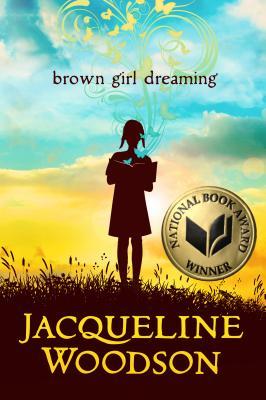 I'm embarrassed to admit that Jacqueline Woodson's Brown Girl Dreaming wasn't on my radar until the National Book Awards--but having read it, I think it fully deserves the recognition and wish I'd heard about it earlier.
I'm embarrassed to admit that Jacqueline Woodson's Brown Girl Dreaming wasn't on my radar until the National Book Awards--but having read it, I think it fully deserves the recognition and wish I'd heard about it earlier.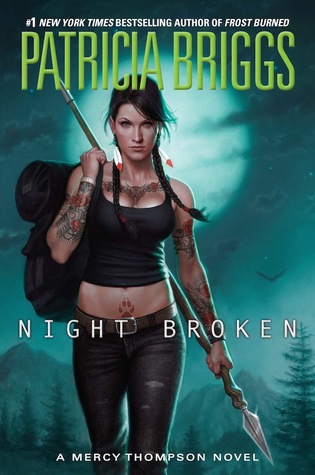
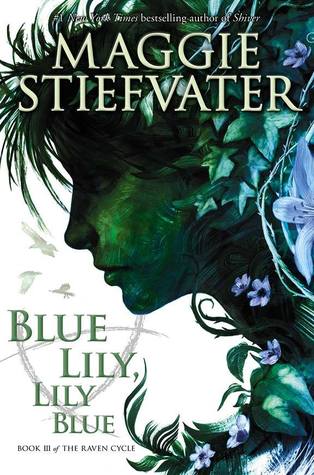

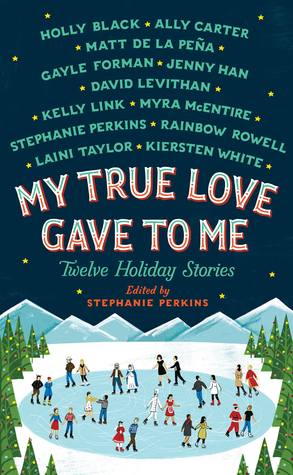
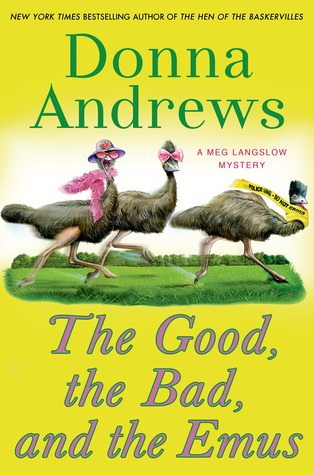
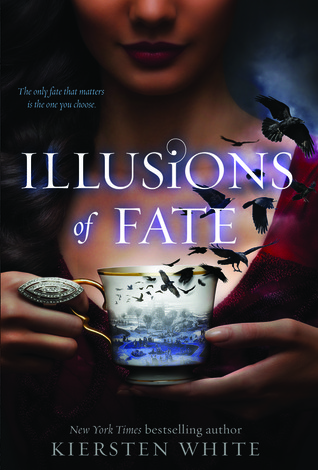


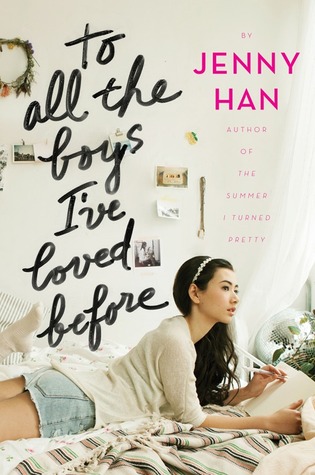
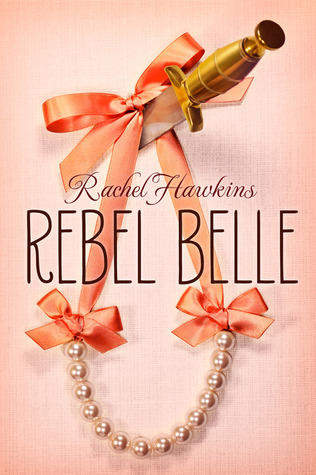
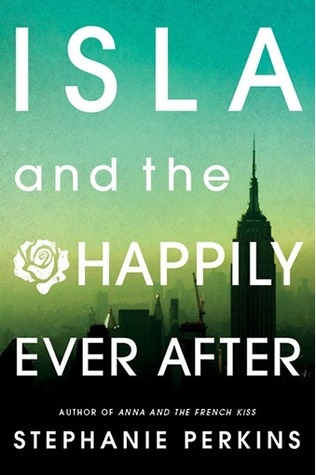



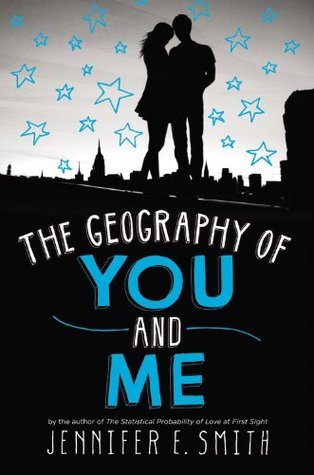


.jpg)





